The process of targeting the so-called ‘anti-Taliban’ elements by the secret police of the Taliban has instilled a sense of fear and anxiety among the people across the country…reports Asian Lite News
The situation in Afghanistan is increasingly dragging towards haplessness and desperation with no signs of any positive initiatives by the Taliban government to ensure an inclusive government and put an end to human rights violation.
Increasing reports of instances of killing of those from different professional background who served in the previous government have emerged over the last few weeks. The process of targeting the so-called ‘anti-Taliban’ elements by the secret police of the Taliban has instilled a sense of fear and anxiety among the people across the country.
The Taliban have quite adroitly managed to carry out such missions in far and remote parts of the country where knowledge of such instances and coverage by media remains remote.
In the given situation, the international community has been debating ways and means of seeking solution to the Afghan problem.

The present strategy adopted by the international community hinges on an engagement driven cooperative approach, i.e., through negotiations, diplomacy, financial assistance and humanitarian aid in exchange for containing radicalism and fundamentalism and working towards an inclusive government besides a larger role for women in public life.
This approach, though considered most suitable, has its limitations. At this stage, Russia, the US and the UN, who are not recognising the Taliban, are nevertheless trying to reach out to the Taliban with the aim of keeping the negotiations open. The objective is to maintain the line with the Taliban, thereby providing them an opportunity to change the negative they pursue and be accepted worldwide.
However, this policy approach has, thus far, not succeeded, with the Taliban on the contrary continuing to impose stringent conservative norms in every sphere of daily lives of the people and resisting any reform-based changes. Protests continue in Afghanistan with men and women demanding right to education for girls, employment and sustenance of human rights.
Likewise, protests have been held demanding freedom of press and a more engaging interaction between the government and the media.
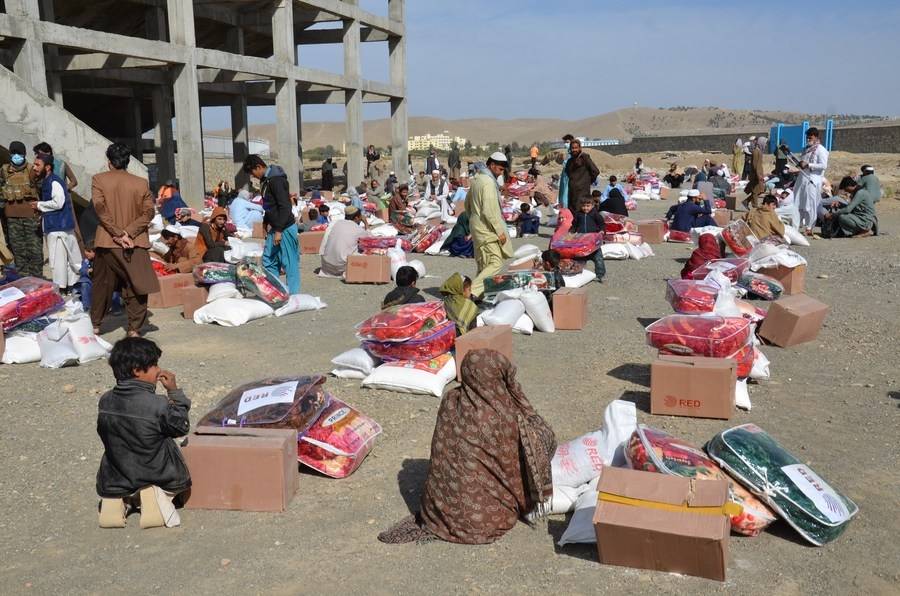
There is a thinking among Afghan experts in different countries that if the situation does not change for the better in Afghanistan in the coming time, the international community may have to adopt an alternate strategy which would hinge on pressure being exerted on the military/political leadership of Pakistan, so that they are able to impress on the Taliban to ensure that the latter delivers on the above issues within a reasonable framework.
This option, however, would be challenging for Pakistan, as it faces several collateral challenges in Afghanistan as it is, and would not want to adopt any stand that could be seen as posed against the interests of the Taliban.
Pakistan wants to avoid any such situation and hence has been fervently engaging other countries to get pro-actively involved in Afghan affairs, little realising that the present situation that has emerged is due to the exhibitioninst attitude of the Pakistani establishment, which has clearly conveyed to the world that they have a significant hold in Afghanistan with the Taliban government in place.
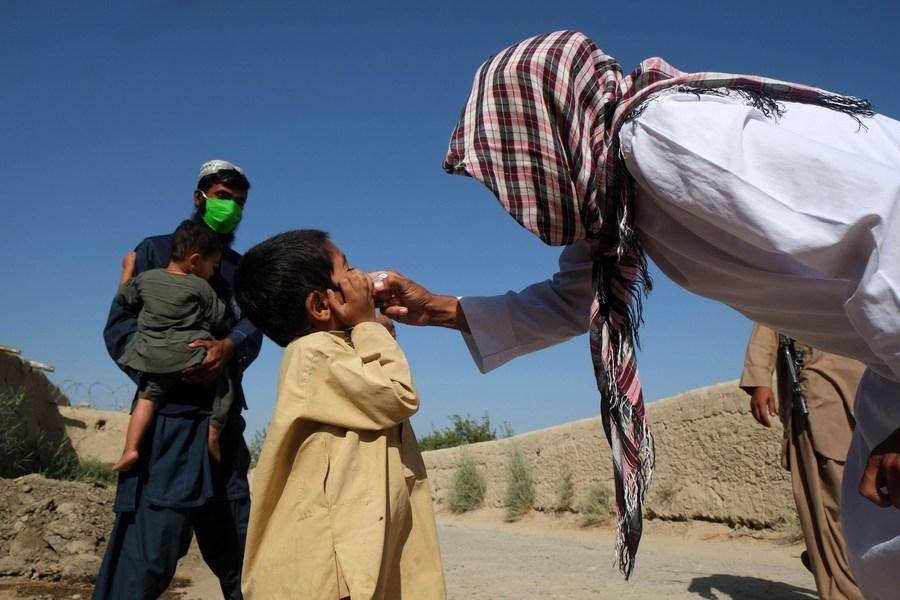
A hands off policy by Pakistan or discrete handling of the issue would have added more credibility to the Taliban government and possibly opened up the country to external assistance. A Pakistani role therein is seen by most nations suspiciously and as part of a calibrated Pakistani strategy for the long term.
Some experts feel that in case the situation and trend does not change, there is every possibility of the revival and transformation of the Islamic State project taking place which could lead to the emergence of the Islamic State as a strong force.
The Afghan IS in all its main variation is more loudly asserting itself and if the situation on ground does not improve in the next few months, there is every possibility of the emergence of new, powerful jihadi forces with membership numbering few thousands or even more.
The other possibility some experts envisage is the revival and transformation of the Northern Alliance.
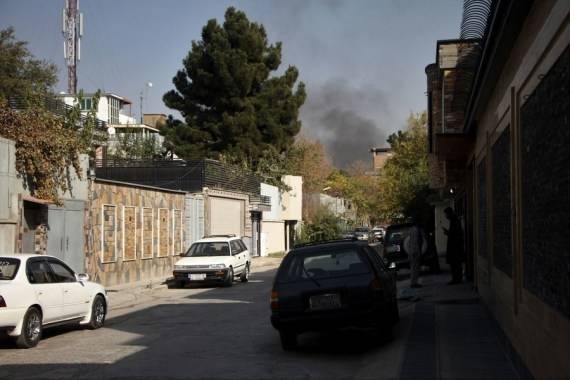
Although the activities of the National Resistance Force (NRF) of Afghanistan under the political leadership of Ahmad Shah Massoud have so far been limited to a few areas in the Panjsher and Baghlan provinces, the Taliban have been able to effectively counter them thus far. These fighters are preparing for an active winter and entering a new operational space in the coming months.
If the leaders of the anti-Taliban front can find a new and more attractive form of political framework for Afghans living outside Panjsher and also enlist the support of Tajikistan and Iran, the Taliban and their Pakistani operators may face a major armed uprising in the North and West of Afghanistan.
Author Michael Rubin, who is a distinguished writer on Afghanistan and has extensively travelled in the country, suggests in his article dated December 14 published in the ‘nationalinterest.org’ that supporting the Afghan resistance is in American interest.
He mentions that the Joe Biden administration cannot rely on the Taliban to root out terror and that terror groups would continue to metamorphise as long as the Taliban are in power. He claimed that behind the quietness one sees in Afghanistan today, radical elements of the Taliban as well as the Al Qaeda and the Islamic State are now increasing their presence throughout the country.
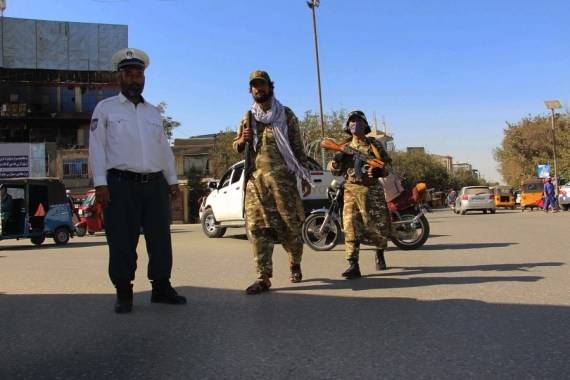
Another scenario some experts envisage is the revival and transformation of the Pakistani Taliban. The Tehreek-e-Taliban Pakistan (TTP) is traditionally based in a number of eastern and southern Afghan provinces and, therefore, its activities affect the situation on both sides of the Durand Line.
The Afghan Taliban’s victory has inspired optimism in the leaders and militants of the TTP who have become markedly visible and active in Waziristan in recent months. Some militants and commanders of the Afghan Taliban also expressed their support for the TTP highlighting the need to transfer jihad from Afghanistan to Pakistan.
In order to avoid the situation from getting out of control, it is necessary in the coming months to convince the Taliban, and specifically the Haqqani group, to make serious concessions to the satisfaction of the international community.
Alternatively, efforts would have to be made to remove the Haqqanis from power by minimising their presence in the government or physically purging its political leaders and key commanders. It is extremely difficult to do both, which, in fact, puts on the agenda the question of an imminent political coup in Kabul.
The result of this coup could be the transfer of control from the Haqqanis to the more moderate group of Mullah Baradar, who may also be supported by the head of Taliban Ministry of Defence, Mullah Mohammad Yakub. The likelihood of such a coup will increase significantly in the coming months.
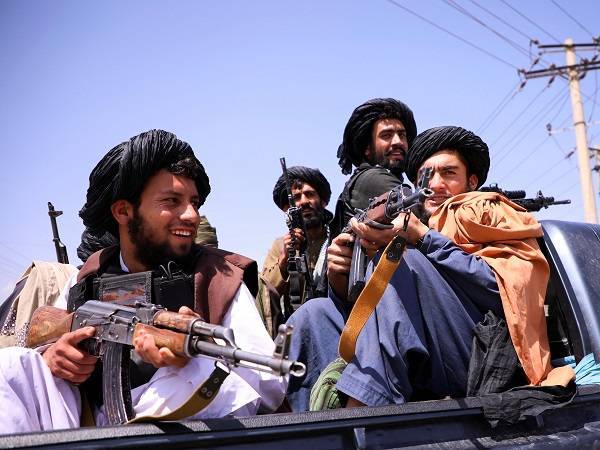
Leave a Reply